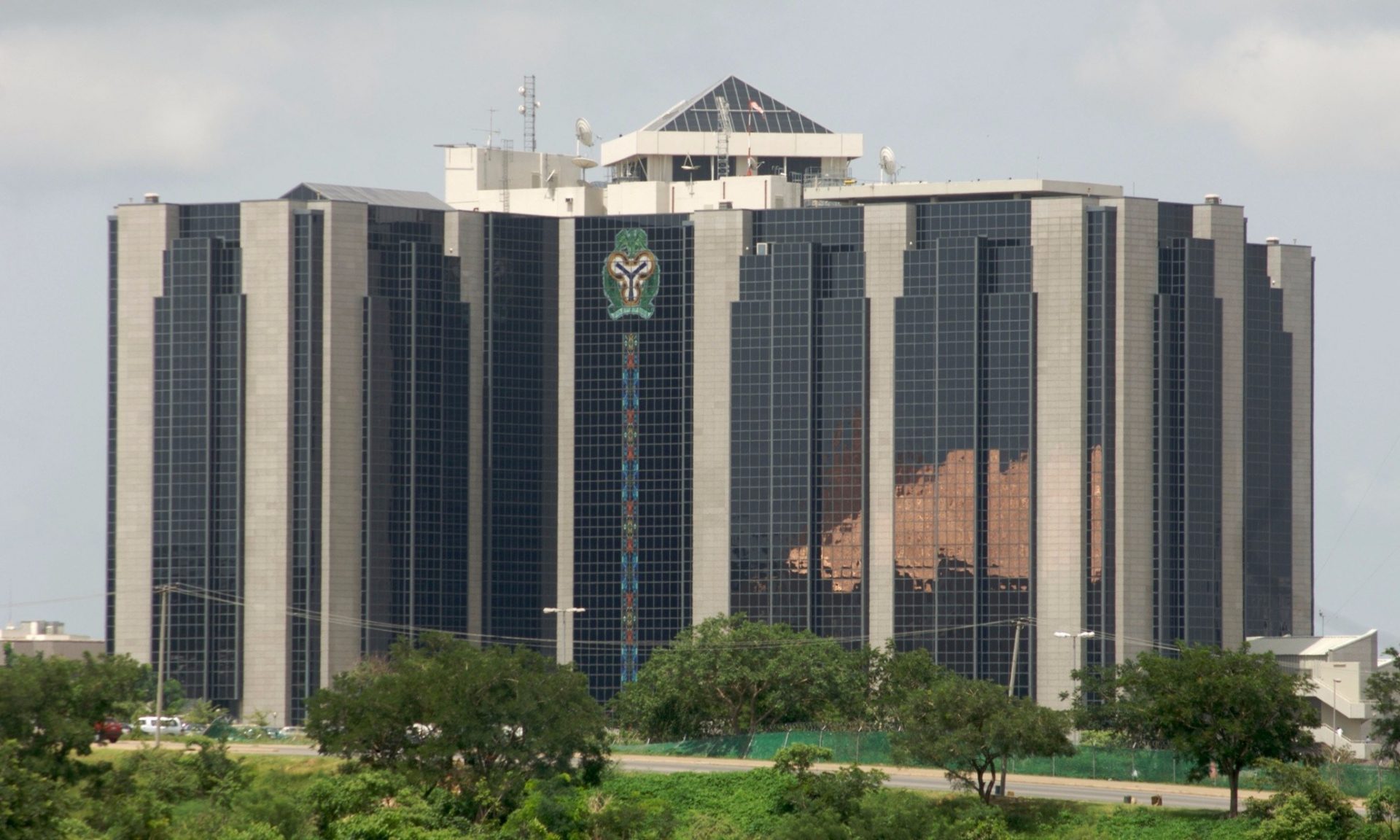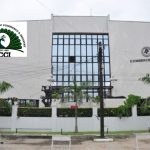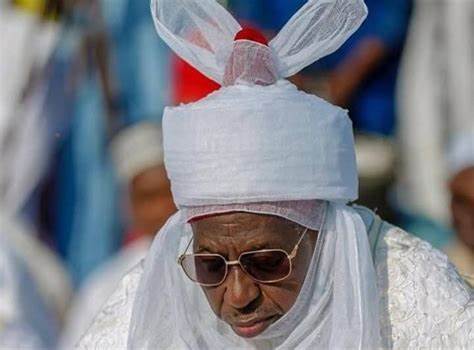The financial system will be critical in actualising Africa’s huge potentials just as it plays important role in charting an economic recovery path from COVID 19.
Deputy Governor, Financial System Stability at the Central Bank of Nigeria, Mrs Aishah N. Ahmad, observed this in Lagos during the 40th Anniversary summit of the Financial Institutions Training Centre (FITC).
She also identified significant room for Africa to leverage the bright spots, particularly the digital transformation and technology innovation and the financial ecosystem to bolster prosperity and reduce income inequality.
Join our WhatsApp ChannelThis innovation, according to her, has intensified growth in the size and significance of banks and other financial institutions, created new opportunities for new entrants and increased integration with global finance and capital markets.
According to Ahmad, the African Continental Free Trade Area (AfCFTA) and its focus on intra-Africa trade, the pilot of the Pan-
African Payments and Settlement System (PAPSS) and Africa’s positioning to benefit from the increased funding and opportunities as part of the outcomes of the climate change conference (COP 26) are just a few critical drivers that should also fuel growth in the near to medium term.
These significant developments have put conversations on Africa’s potential back on the front burner she added, stressing that Africa, a diverse continent of 54 countries, boasting one of the youngest populations around the world & with thriving economies, rich with enormous and diverse talent, material, and natural resources should be well-positioned to deliver prosperity, create wealth and higher living standards for its over 1 billion citizens.
“However, we are yet to fully realize and harness this potential. The problems and idiosyncratic challenges have been well documented,” she stated.
Speaking on the theme: “Towards a Shared Prosperity in Africa; The Role of the Financial System,” Ahmad said the FITC team have chosen a very topical and strategic theme for
the anniversary summit, while appreciating speakers like Mr Kuben Naidoo Deputy Governor, South African Reserve Bank (SARB) & CEO of the Prudential Authority of SARB.
Ahmad said that, for over 40 years, FITC had provided knowledge and capacity building solutions for the highly dynamic Nigerian banking and financial industry.
“In many ways the industry which the Centre was designed to support has significantly evolved – its size and significance to the Nigerian economy, depth and breadth of financial instruments, number and variety of participants, products and business models, and perhaps most importantly, the quality of its talent – an area where FITC has continued to be prominent and relevant,” she stated.
The Centre, according to the deputy governor, has always been a pivotal part of the Nigerian financial industry; in fact, the story of Nigerian banking cannot be told without FITC.
“Through the years, FITC has meant different things to different people. “For some, it was a place to study for professional exams – I often recall with nostalgia my early days as a young banker studying for my Masters at the FITC library in Apapa Lagos, others have leveraged FITC’s many research over the years – its legendary Journal of Banking & Finance and other industry-specific reports have been important input for academia & practitioners alike; “FITC’s flagship Bank Directors course and continuous education programs have undoubtedly elevated the leadership and governance capacity in the banking industry,” Ahmad emphasized.
Managing Director/Chief Executive Officer (MD/CEO), FITC Mrs Chizor Malize appreciated attendees, especially the panellists at the summit including Mr Tunde Hassan Odukale- MD/CEO Leadway Assurance; Mrs Ireti Samuel-Ogbu MD CEO Citibank Nigeria; Mr Segun Ogunsanya MD AirtelAfrica; Mr Uzoma Dozie, MD Sparkle & finally the moderator, Mrs Folakemi Fatogbe, former director at the CBN and CEO The Derisking Lab.

















Follow Us